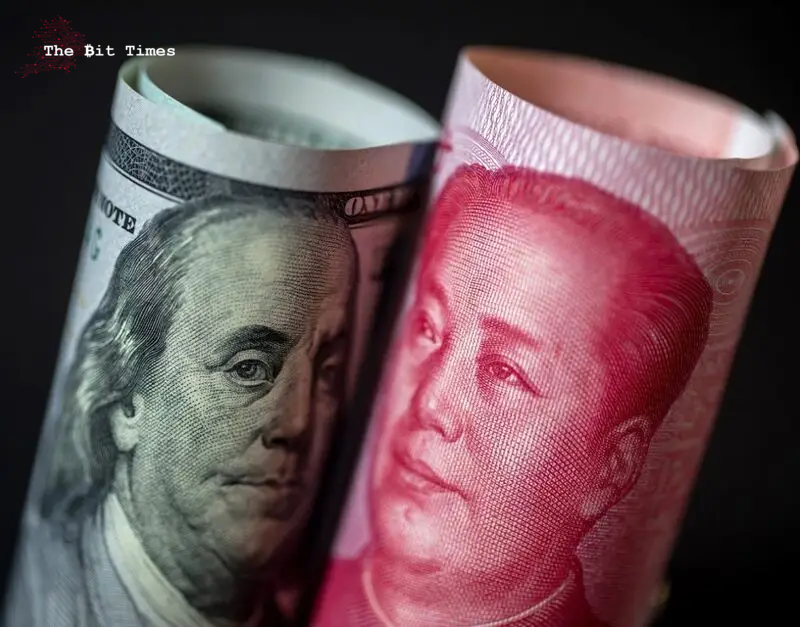BRICS: Payments in Chinese Yuan Surpasses the US Dollar by 2.5%
BRICS member China is taking full advantage of the US sanctions on Russia by pushing the Chinese yuan for trade settlements. The US Treasury Secretary Janet Yellen openly admitted that the sanctions are only helping local currencies and hurting the dollar. She revealed that it was the sanctions that led the BRICS alliance to consider de-dollarization and use local currencies for cross-border transactions.
Also Read: BRICS: Russia Plans To Link the Chinese Yuan For New Stablecoin
China is already successful in its quest, as the Chinese yuan has outperformed the US dollar as the most traded currency in Russia. Read here to know how many sectors in the US will be affected if BRICS ditches the dollar for trade. The Xi Jinping administration left no stone unturned in convincing Russia to accept the Chinese yuan for all trade payments. The majority of developing countries are now paying the Chinese yuan and Russian ruble for transactions with the country.
Also Read: BRICS: New Gold-Backed Currency Gains Steam & Challenges the US Dollar
BRICS: Chinese Yuan Surpasses the US Dollar in Trade Settlements

Russia fully began accepting the Chinese yuan for payments after the US pressed sanctions on its economy in February 2022. Several other developing countries, including its BRICS counterparts India and Brazil, settled trade in the Chinese yuan for crude oil. India even saved $7 billion in currency exchanges by using the Chinese yuan and not the US dollar to procure oil at discounted prices.
Also Read: BRICS: Local Currencies Knock-Out the U.S. Dollar This Week
The Chinese Yuan accounted for 42% of all the international transactions initiated in Russia between 2023 to 2024. The US dollar accounted for 39.5% of all cross-border settlements made by BRICS member Russia during the same period. The US dollar has decreased by 2.5% making the Chinese Yuan the most used currency in Russia in 2023-24.
Both the BRICS members China and Russia are spearheading the de-dollarization agenda around the world. Developing countries find the prospects lucrative as the initiative strengthens local currencies giving a boost to their native economies.
Comments
Post a Comment